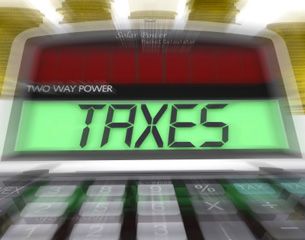
The Italian government has approved a windfall tax on banks and will use the proceeds to help mortgage holders and cut taxes,
Explaining the policy to the Italian press in Rome, the deputy prime minister pointed to the high profits enjoyed by the country’s banks in the first half of the year, stressing the fact that the numbers were in the billions rather than millions.
Soaring interest rates have been the driving factor in sending Italian banks’ profits to record levels over the past year with few banks passing much on to customers by way of improved returns on deposit accounts.
Salvini argued that if it was true that the burden deriving from the cost of money had doubled for households and businesses, what current account holders receive had certainly not doubled. He went on to stress that there was evidently a large gap between the rates applied to loans and deposits.
Under the one-off levy, Italy will tax 40% of banks’ net interest margin, a measure of income banks derive from the gap between lending and deposit rates.
In the UK, there are evident similarities to how Italian banks have prospered of late. The big five banks – Barclays, HSBC, Lloyds, NatWest and Standard Chartered – posted profits of around £37bn for 2022.
An analysis by the Unite union in May this year revealed that UK banks made an extra £7bn by refusing to pass on higher interest rates to savers.
A windfall tax on banks in the UK has already been called for from several quarters. The former deputy governor at the Bank of England Charlie Bean late last year suggested a windfall tax on UK banks.
And in late June 2023, ex-shadow chancellor and Labour MP John McDonnell explained that if the UK’s big five banks were required to pay a windfall tax of 15), it could fund a mortgage interest relief scheme of £5.5bn for 2022, and likely significantly higher in 2023 – given that a 15% tax on Q1 2023 profits alone would be £3bn.
However, a levy on banks is not official Labour policy. So far, the shadow cabinet has refused to commit to a tax on banks, in the same way it has on the large profits from energy companies.



